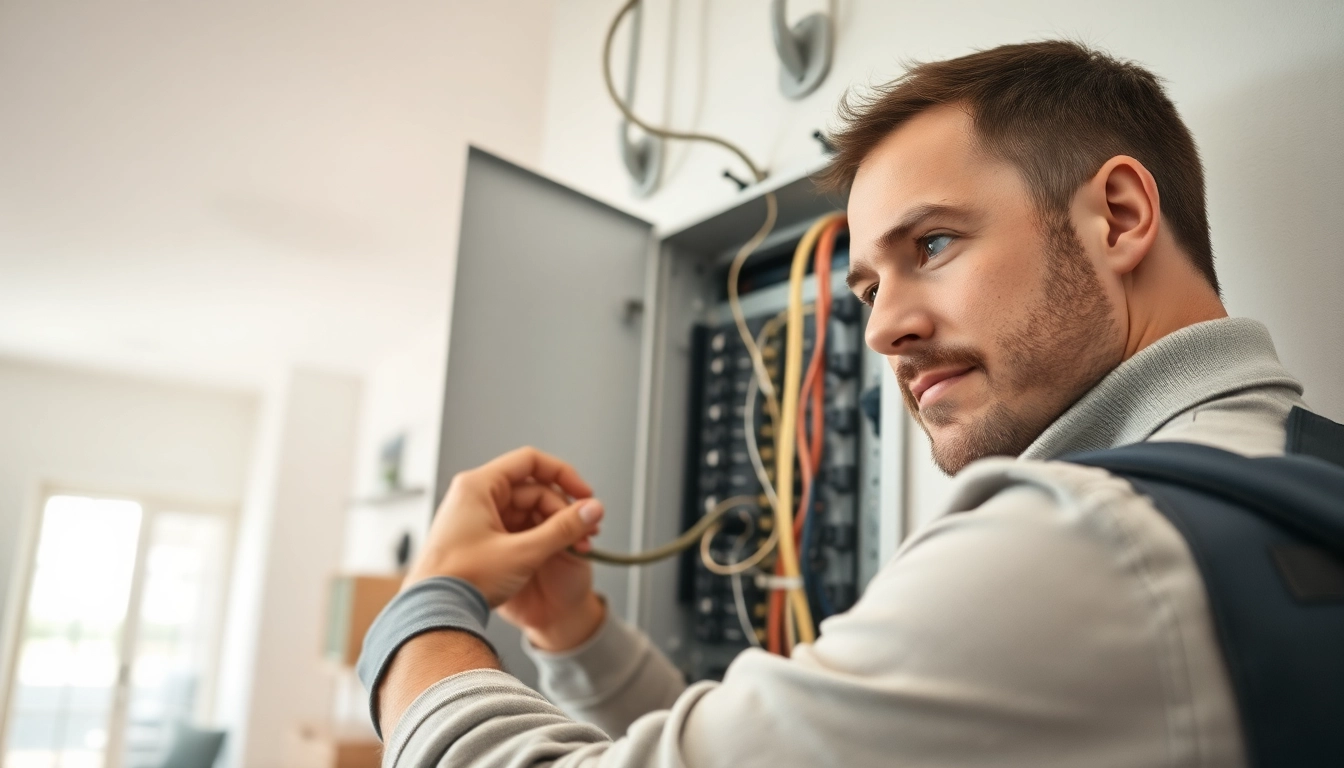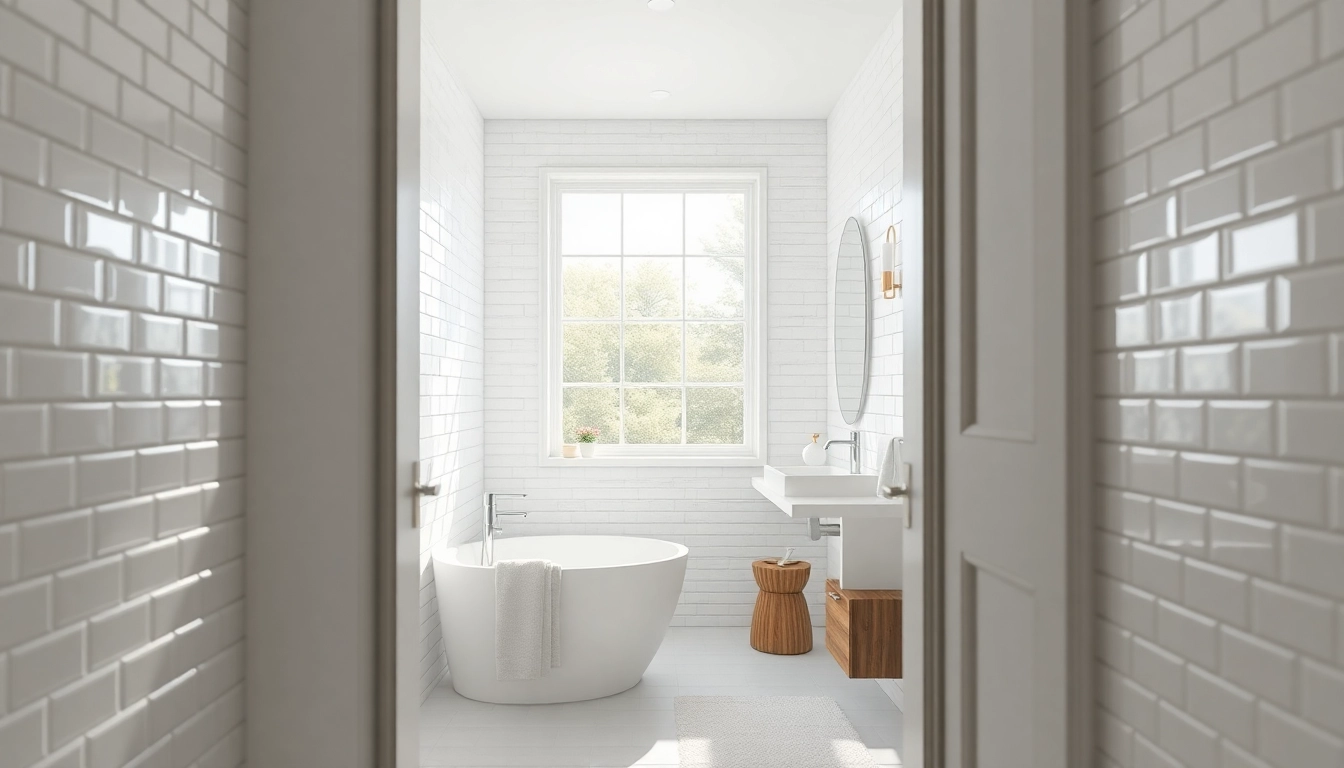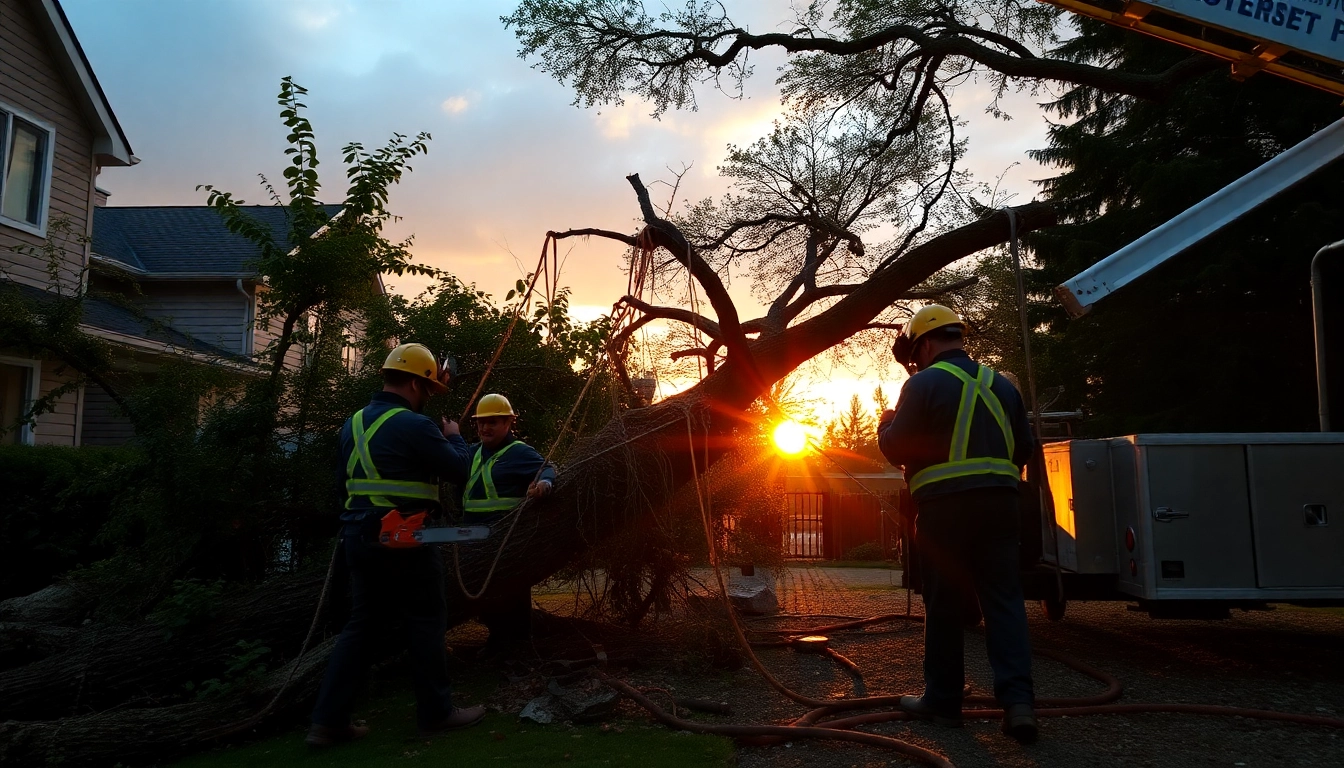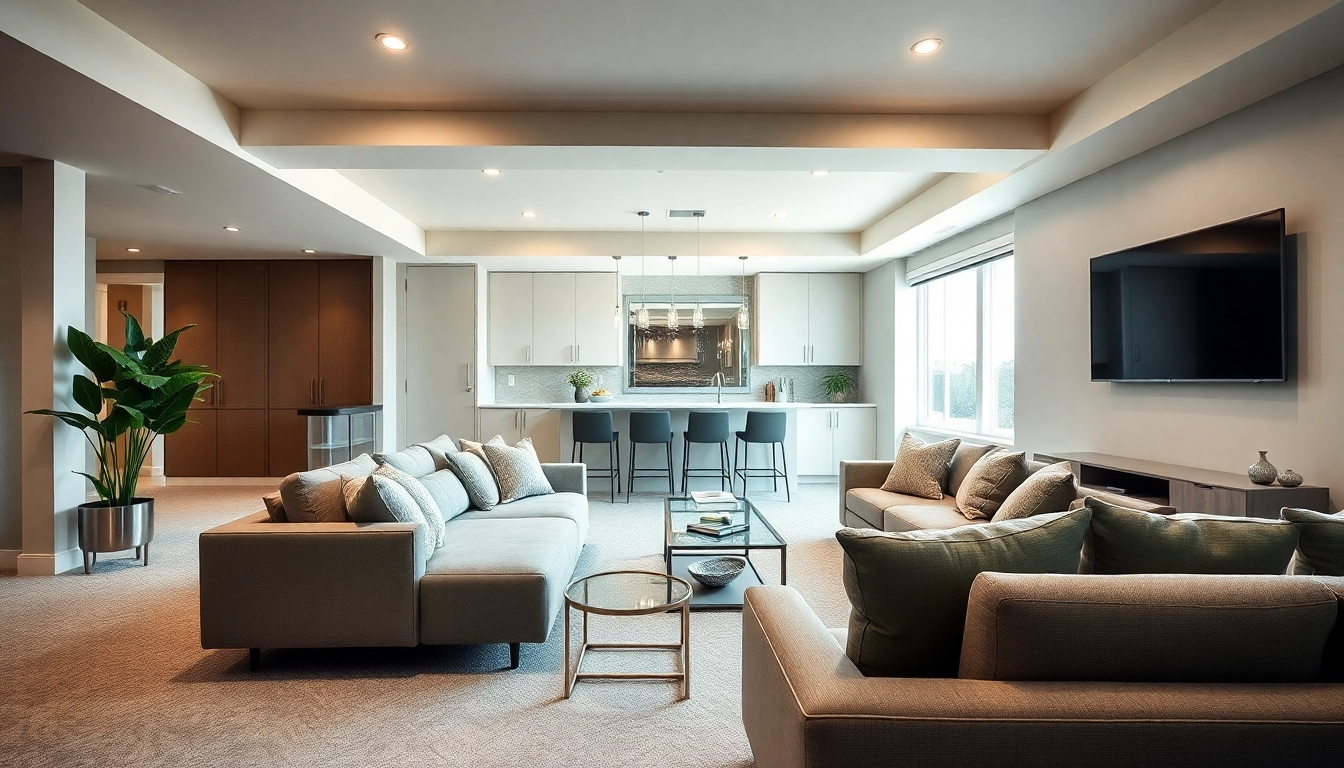Understanding the Electrical Panel
Definition and Function of Electrical Panel
An Electrical Panel serves as the heart of your home’s electrical system. It distributes electricity from the main power source to various circuits throughout your home, ensuring that every electrical outlet, light fixture, and appliance receives the power it needs to function. The panel acts as a control center, providing the necessary circuit breakers or fuses that protect your home and appliances from electrical overloads or short circuits. Essentially, without a functioning electrical panel, the distribution of electricity would be chaotic, risking both appliance damage and household safety.
Common Types of Electrical Panels
There are several types of electrical panels available, each tailored for different needs and power requirements:
- Main Breaker Panels: These panels contain a main circuit breaker that shuts off electricity to the entire house. They typically serve homes with standard electricity requirements.
- Subpanels: Subpanels are smaller and are used to distribute electricity to specific areas of the home. They can help reduce the load on the main panel.
- Smart Panels: Equipped with advanced technology, smart panels allow homeowners to monitor and manage their electricity usage through apps and automated systems, enhancing energy efficiency.
- Interlock Kits: These panels enable safe use of generators during power outages, allowing homeowners to switch between utility power and backup generators seamlessly.
Key Components of an Electrical Panel
Understanding the components of an electrical panel can help homeowners better manage and maintain their electrical system:
- Circuit Breakers: These devices automatically shut off electricity during overloads or faults to prevent overheating and fires.
- Bus Bars: Made of conductive material, bus bars distribute electricity to the circuit breakers.
- Grounding System: This is crucial for electrical safety, redirecting excess electricity safely into the ground.
- Neutral Bus Bars: These bars connect to the neutral wires and are essential for the proper functioning of the electrical panel.
Signs You Need to Upgrade Your Electrical Panel
Frequent Circuit Breaker Trips
Experiencing regular circuit breaker trips is a clear sign that your electrical panel may be overworked. Each circuit breaker is designed to handle a specific load, and frequent tripping indicates that you are drawing more power than the system can handle. This issue not only disrupts your daily activities but poses serious safety risks, potentially leading to electrical hazards such as fires. If you’re constantly resetting breakers, it’s time to consider an upgrade.
Inadequate Power for Your Needs
As homes evolve with more electronic devices, appliances, and gadgets, the demand for power increases. A panel that once sufficed may not meet current needs, particularly with the growing reliance on smart home devices and high-demand appliances like HVAC systems and electric vehicles. Assessing your energy use and comparing it to your panel’s capacity can help determine if an upgrade is necessary.
Age of the Current Electrical Panel
The age of your electrical panel is another crucial factor when considering an upgrade. Most panels have a lifespan of 25-40 years. If your panel is approaching or exceeding this age, it likely lacks the safety features and capacities of newer models. Even if your panel seems to operate normally, older models may not comply with current electrical codes, making upgrades essential for safety improvements.
Benefits of Upgrading Your Electrical Panel
Improved Safety and Reliability
One of the primary benefits of upgrading your electrical panel is enhanced safety. Modern panels include better circuit breakers and fuse systems that reduce the risk of electrical fires and overloads. These safety improvements mean that your household will have reliable protection, which is particularly important for homes with heavy electrical loads.
Increased Home Value
Investing in an updated electrical panel can significantly enhance your home’s value. When potential buyers see a modern panel, they can perceive the property as safer and more capable of handling today’s electrical demands. Thus, upgrading can be a strong selling point that increases your home’s attractiveness in the real estate market.
Enhanced Energy Efficiency
Upgrading your electrical panel can lead to better energy efficiency, helping you save money in the long run. Newer panels are often designed to reduce energy loss and ensure that electricity is used more efficiently. This efficiency not only cuts long-term utility costs but also reduces your carbon footprint.
How to Choose the Right Electrical Panel
Assessing Your Power Consumption
Understanding your current and future power consumption is essential in choosing the right electrical panel. Make a list of all the appliances you currently use, along with their wattage, and analyze your typical energy use patterns. This evaluation helps you identify whether your existing panel meets these demands or if you need an upgrade to a higher amperage panel.
Understanding Amp Capacity
Electrical panels come in various amp capacities, typically ranging from 100 to 400 amps. Most modern homes require at least a 200 amp service to accommodate the electricity needed for a full range of appliances and devices. It’s essential to choose a panel that not only meets your current requirements but can also accommodate future growth in your electrical needs.
Consulting Professionals for Recommendations
Consulting licensed electricians can ensure you make an informed decision when selecting an electrical panel. Professionals can assess your electrical system, recommend the right capacity based on your needs, and provide information on the latest technology and safety features. Their expertise will give you confidence in your upgrade choice.
Cost Considerations for Upgrading Your Electrical Panel
Average Installation Costs
The cost of upgrading your electrical panel can vary widely based on factors such as the size of the panel, the complexity of the installation, and your geographical location. Generally, you should plan for costs ranging from $1,200 to $3,000, including the panel itself and installation. A detailed quote from a licensed electrician can provide a more accurate estimate tailored to your project.
Factors Affecting Upgrade Costs
Several factors influence the overall cost of upgrading an electrical panel:
- Panel Size: Larger panels will naturally be more expensive, especially if your requirements push you to a 400 amp panel.
- Wiring Upgrades: If your existing wiring does not meet current standards, you may need to replace or update it, adding to the cost.
- Local Codes and Permits: Depending on your local regulations, you may need permits for installation, which could affect the overall cost.
- Accessibility: If your panel is hard to access or located in a difficult-to-reach area, installation costs may rise.
Financing Options and Budgeting
Many homeowners may not have the necessary upfront cash to upgrade their electrical panel. However, various financing options are available, including personal loans, credit cards, or even home equity loans. Additionally, some utility companies offer incentives or rebates for upgrading to more efficient systems. Create a budget that accounts for both immediate costs and any future utility savings to determine the best option for your financial situation.



